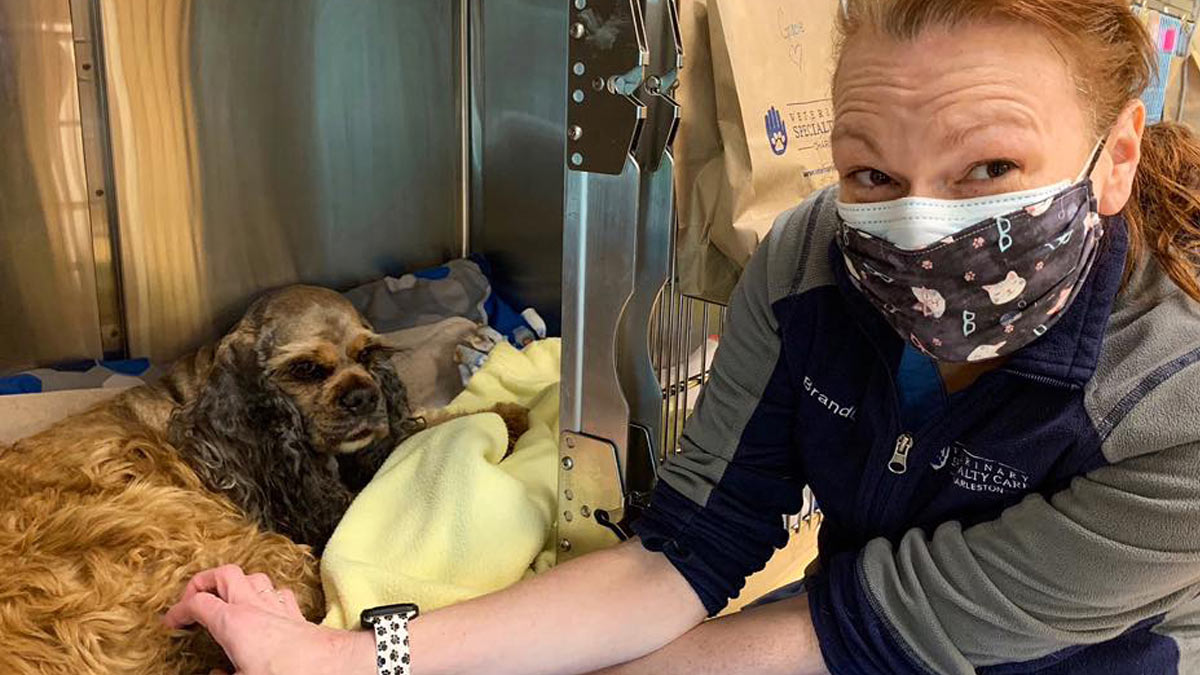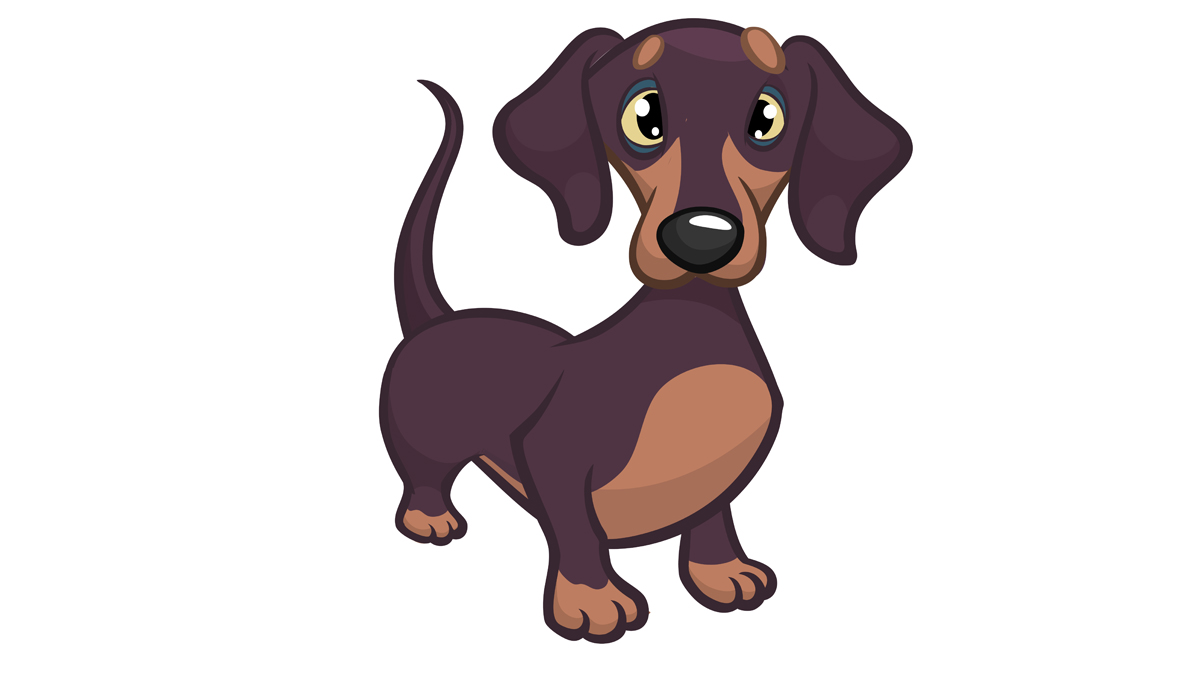“Scalpel! Clamp! Biscuit!!!”
Well, perhaps that’s fanciful. But it’s not far off from reality for a surgical veterinary technician at the Veterinary Specialty Care hospitals in Mount Pleasant and Summerville.
Veterinary technicians aren’t only the first people you’re likely to encounter when you take your pet for care at VSC; they’re the small army of well-trained women and men who care directly for your animal. You might say they are the key cogs in the therapeutic machine that constitutes a true state-of-the-art veterinary facility.
Although they’re likely to be the staffers who scratch Rover behind his ears and gently lead him away from you into the clinic, the real work of a veterinary technician goes on behind closed doors.
According to Veterinary Specialty Care Outreach Coordinator Natalie Garber, “Veterinary technicians are crucial in the day-to-day operations of this or any other animal hospital or clinic. They do anything and everything to assist our doctors.”
Those responsibilities range from the smallest tasks to the largest – from taking your pets’ vital signs and checking their weight, to drawing blood and collecting samples, to administering medications, to “scrubbing in” to assist with surgeries or procedures, to simply providing your furry family members with love and care while they are hospitalized. Technicians also often are the communication link between the client and the doctor.
At VSC, all veterinary technicians are trained in specific departmental specialties, ranging from emergency services to internal medicine, cardiology, oncology and surgery, working side-by-side with physicians. An internal medicine doctor, for example, might utilize the services of two or thee veterinary technicians, whereas a surgical team might include as many as four or five.
“There is no licensing requirement for veterinary technicians in South Carolina,” Garber said, “but we are fortunate to have a dedicated team of well-trained, experienced techs, several of whom have come to us having already been licensed.”
If you love pets and don’t mind physically or emotionally hard work, a job as a veterinary technician might seem like a good opportunity. But how to go about snagging that plum position? Garber said that many people interested in the field start as veterinary assistants, essentially an entry-level job. With training and experience, the next step on the career ladder would be veterinary technician. Some are so committed to helping pets that they continue on to work toward a veterinary degree.
“At the vet tech level,” Garber observed, “they are roughly equivalent to nurses in a hospital for humans. They have many of the same responsibilities and perform many of the same tasks, carrying out doctors’ orders and seeing that all their patients’ needs are met.”
Because veterinary hospitals are considered essential services, VSC has continued to accept patients, although their owners will be met at the front door and told by a technician that during the COVID-19 pandemic, they will not be allowed inside.
Once in the hospital, all pets are treated by the techs with the same care and compassion, a favor not all of them return. Which breeds are the most troublesome? St. Bernards? Mastiffs? Siberian Huskies? Not at all, according to Garber.
“This question comes up a lot, and the answer may actually surprise you. Believe it or not, it is typically the smaller dogs that are the most headstrong and hard to handle, but our veterinary technicians love them just the same.”
Maybe what those “little ones” need is … a biscuit.
By Bill Farley







